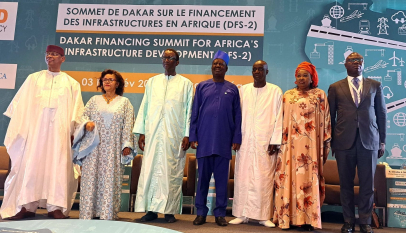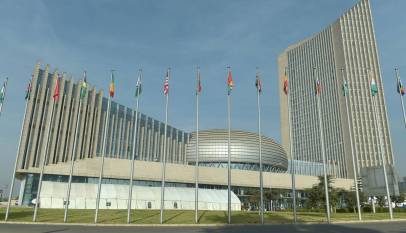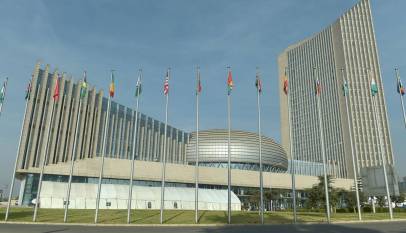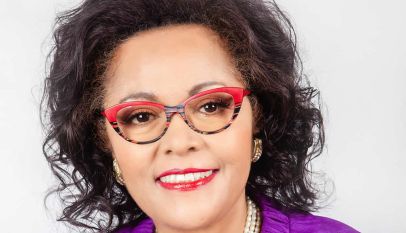African Youth Initiative on Climate Change elects new executives
The African Youth Initiative on Climate Change (AYICC), a network of youth-led organizations and youths dedicated to sharing knowledge, experiences and strategies on youth action around climate change mitigation and adaptation on the continent, has announced the election of its new executives for the period 2019-2021.
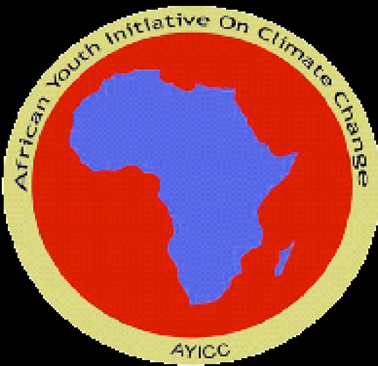
“After a series of elections, winners of 2019-2021 AYICC leadership positions are: executive director, Kasim Gawusu Toure – Ghana, unopposed; deputy executive director, Ouedraogo Oureratou – Burkina Faso, 44.2%; networks and partnerships officer Abiy Shimelis – Ethiopia, 27.1%; information and communications officer Olumide Idowu – Nigeria, 39.3%; and finance and fundraising officer Ebisa Mekonen Ambaye – Ethiopia, unopposed,” says a public statement by AYICC.
“Others includes: regional coordinator of western Africa, Lougue Aboubacar Okana – Burkina Faso, 40.3 %; regional coordinator eastern Africa, Gicheru Mercy – Kenya, 56%; regional coordinator southern Africa, Muyunda Akufuna – Zambia, unopposed; regional coordinator northern Africa, Dahmane Kada – Algeria, unopposed; and regional coordinator of central Africa, Patrick Malingapot De Sokome – CAR, unopposed.”
While congratulating the newly elected executives, Brian Okoth, chairperson of the 2019 AYICC Elections Committee, noted that the AYICC was aimed at equipping African youths with the requisite skills and opportunities needed to influence climate policy, through forums such as the United Nations Framework Convention on Climate Change (UNFCCC); United Nations Conference on Sustainable Development (UNCSD) and the African Union (AU).
“AYICC coordinates the efforts from African youths so that they can act in a more coordinated and effective manner at forums such as the UNFCCC, UNCSD, [and] AU forums. Nationally and locally, AYICC Chapters are involved in activities like awareness raising, tree planting, environmental education, stakeholder consultations, and community projects around sustainable development and environmental conservation, among others,” said Okoth.


